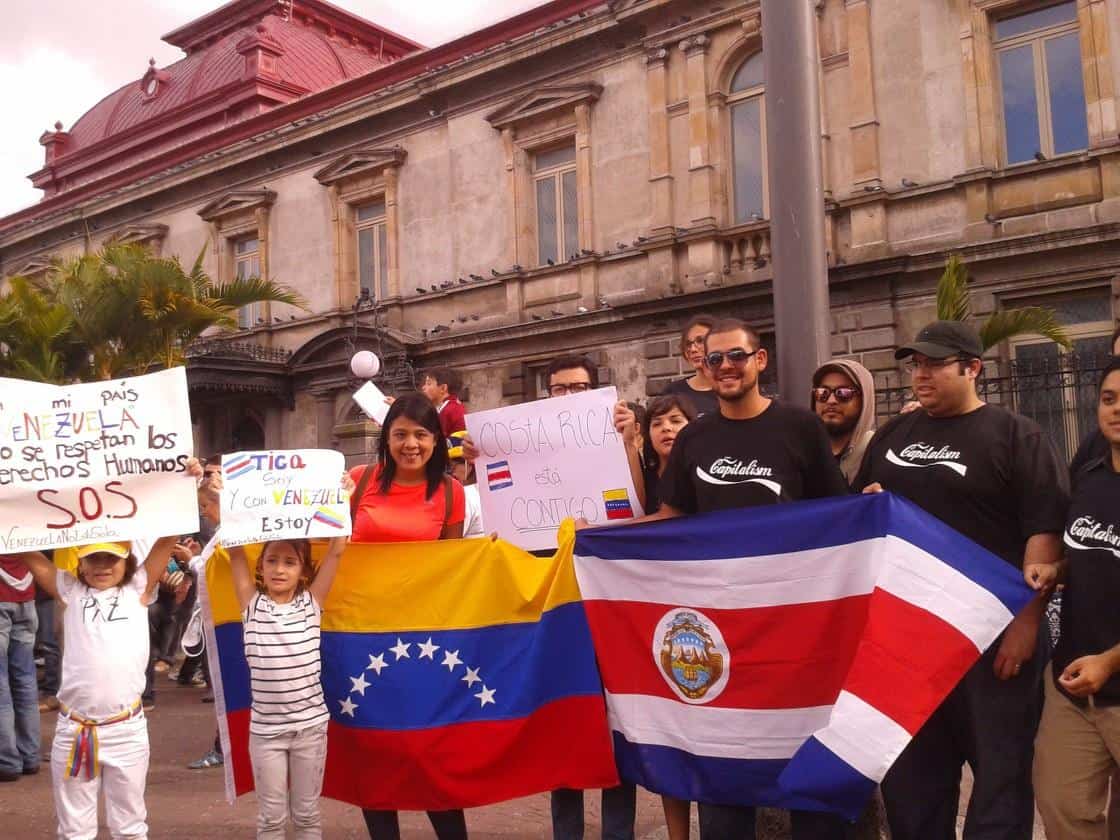For us young people in Venezuela, communication has become one of the most important assets of our time, and our only weapon to vouch for the truth.
I will speak about the events that have occurred since Feb. 12 to avoid any form of digression (although it might be necessary in another time and place).
Students protested peacefully in several cities of the nation to express their disagreement with President Nicolás Maduro’s regime of misery and lack of safety for the citizens. Undergraduates were asking for safer streets – as the murder rates of a country of almost 30 million topped 25,000 in 2013 – and to end the scarcity of products, along with the country’s elevated inflation, the highest in Latin America.
When students took the streets, they encountered violence from the Bolivarian National Guard of Venezuela and armed supporters of Maduro’s administration, which have resulted in at least four deaths, countless injuries, several reported missing and those who were held in custody are reporting being tortured.
However, the vast majority of people do not know about any of this. The government implemented a media blackout, which includes the exclusion of TV stations from cable (NTN24), lack of paper for the newspapers and the blocking of Twitter imaging services. We’ve been thoroughly censored. If you turn on your TV, you get women debating about beautiful flowers.
Nonetheless, all hope is not lost. Venezuelans are using social networking sites to share information and have our voices heard. After reading this brief explanation of our situation, you may help us by raising awareness, so everyone finally hears the truth about the violation of our rights as humans and citizens of this country.
Be careful when you share information though, because we don’t have an official news source – we only have ourselves. And we’re hoping it’s enough.
Reality for all of us comprises empty supermarket shelves, no medicine at hospitals, highly dangerous streets filled with unpunished violence and a worthless currency. That is why we are protesting.
Venezuela does not serve as a good or bad example for leftist tendencies. This isn’t about socialism, communism or capitalism; governments like to hide behind these concepts to infatuate the people and turn them against themselves.
This is about militarization, human rights violations, abuse of power and corruption.
Andrea Sofía Crespo Madrid is a young Venezuelan who has lived in San José, Costa Rica, for the last two years. She is a recent Blue Valley School graduate and plans to study Hispanic Philology at the University of Costa Rica. She has spent the last two months in Venezuela to tend to a family emergency.






